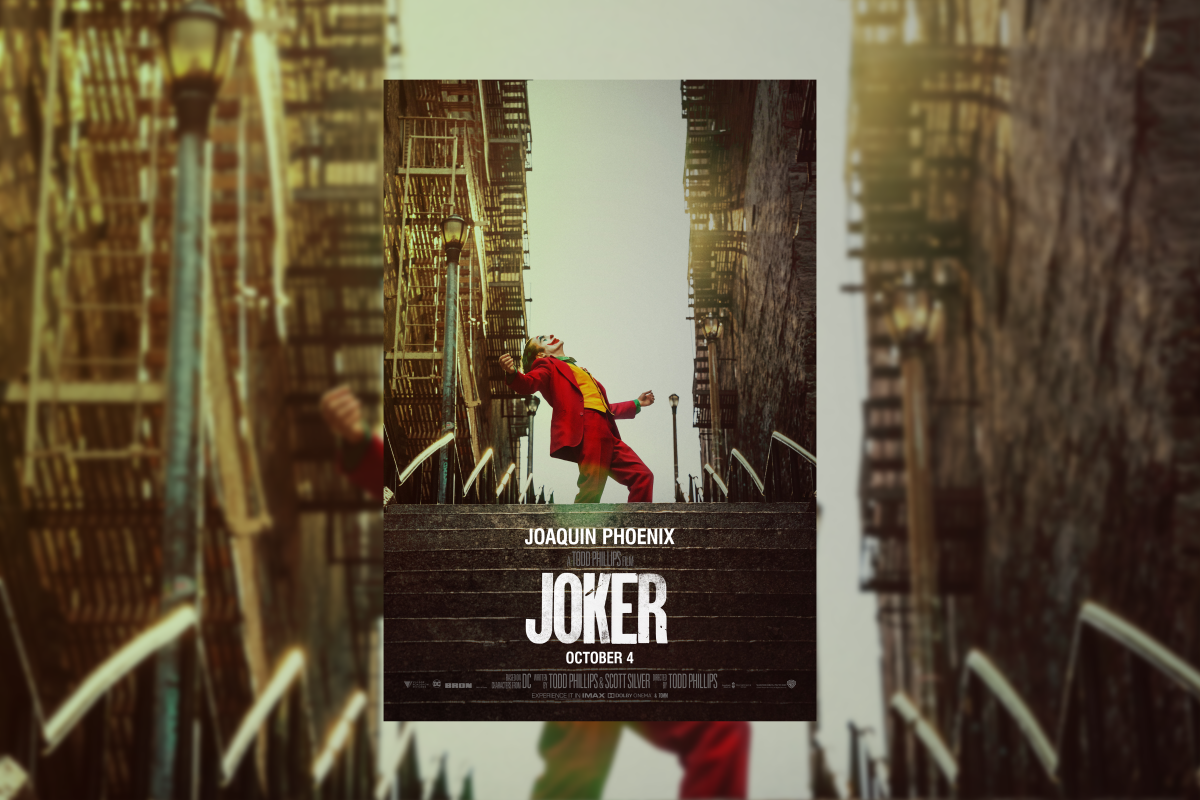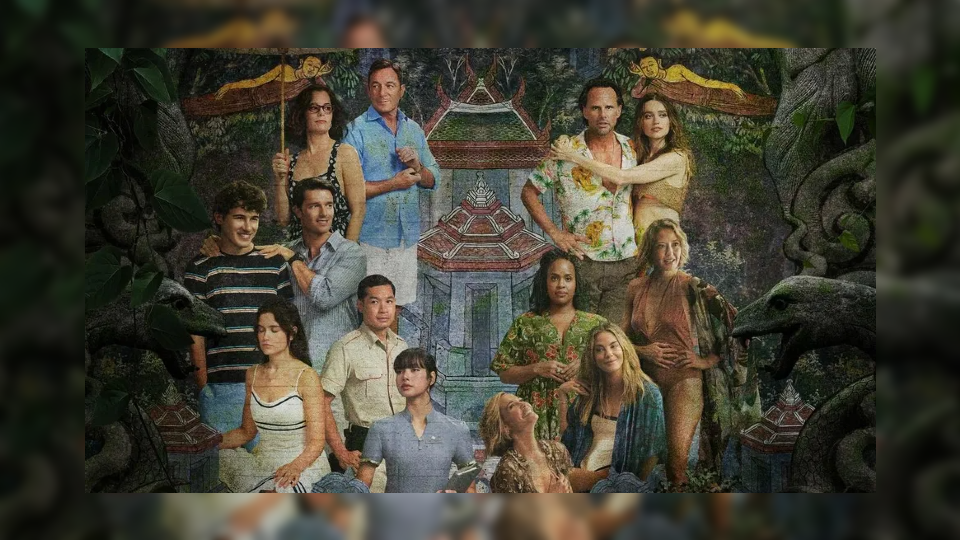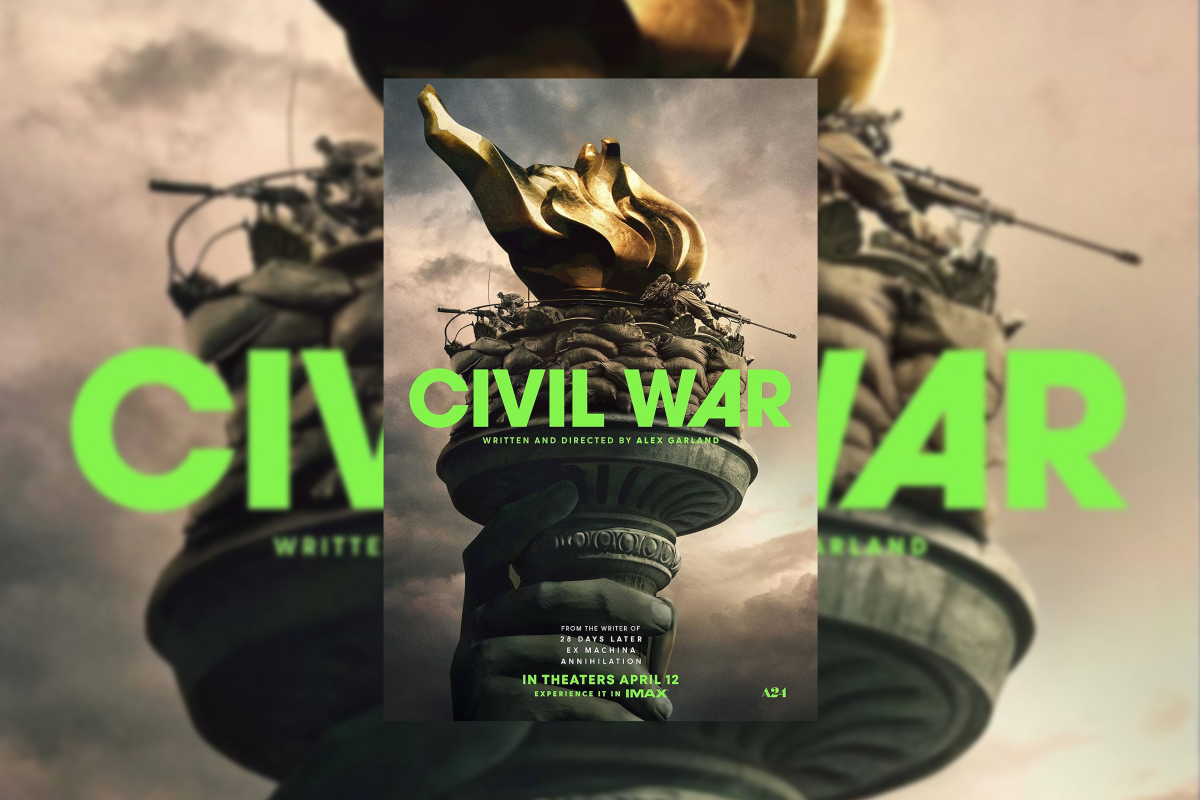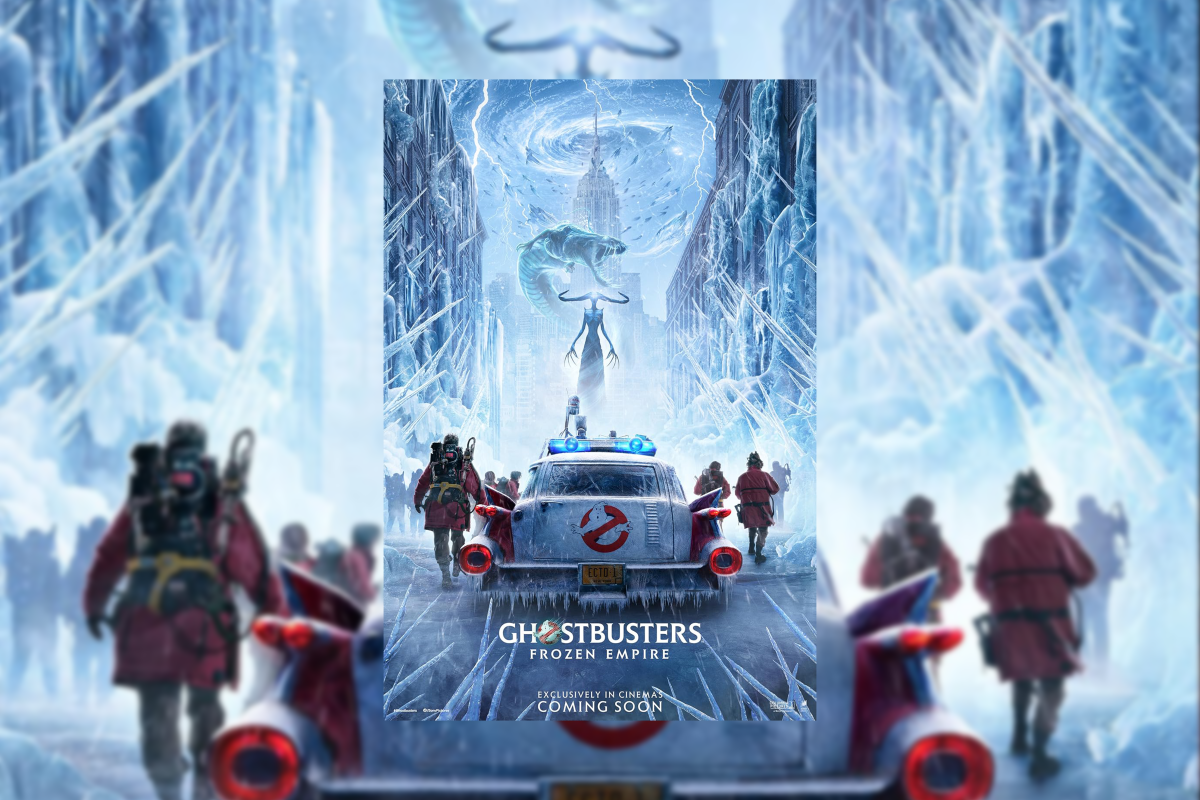The latest 2019 version of Joker was released just over a week ago and has been met with varied opinions and controversies. The film, of course, centers around the iconic DC Comics character, Joker, and his transition into the villain we’re all familiar with.
In the movie, we are introduced to Arthur Fleck, a young man who is living with his mother and is struggling to make ends meet; Fleck has a job as a clown and is booked for various jobs around the city. Despite his seemingly “upbeat” occupation, this does not reflect in his everyday life. His character is treated poorly by nearly everyone in his life—his coworkers, his boss, people on the street, and the subway. Even his mother, whom he’d spent years caring for and trusting, turned out to have been lying to him his whole life.
Because of this treatment, and Fleck’s resentment for the successful and rich, he ultimately snaps. His murderous spree begins with the killing of three men on a subway. But it doesn’t end there. He begins to kill anyone who provokes him, even going so far as to shoot a television host on live TV. His actions lead to a movement and protest that then leads to a riot at the end of the movie.
I think it was an excellent movie. There was not a moment of boredom; Fleck’s character was unpredictable and kept the audience invested throughout the film. There were parts of the movie where the audience was meant to sympathize with Fleck, and this made his violent outbursts all the more unsettling.
Two particularly chilling scenes were the killing of one of Fleck’s ex-coworkers, and the shooting of the talk show host. In the latter scene, Fleck has been invited on the show he was once mocked, now as Joker. He confesses to the subway murders on air and starts to argue with the host. This fight ultimately ends with Joker pulling out a gun and shooting the host on live TV. Chaos ensues.
This scene was outstanding, not only because of the significance and shock of this murder but also because of Joker’s speech before it occurred. He explains why he does what he does, and we learn how his mind works. Because people treat him poorly and are selfish and greedy, he feels his killing is justified. Of course, the film wouldn’t have been nearly as impactful without Joaquin Phoenix’s outstanding performance. He portrayed Joker in a way that both scares the audience and makes us empathize with him.
Another interesting element of the movie is that it leaves what is real and what is a figment of Fleck’s imagination unclear. It is up for interpretation from the audience. There are theories that nearly half the movie never happened outside of Fleck’s mind, and others who think only certain characters and scenes aren’t reality. I think this makes the movie all the more powerful and leaves the viewer questioning the events even after the film is over.
It is almost too easy to relate to the people in Gotham at certain points in the movie—and this includes Fleck. The anger towards the rich and privileged is valid, and we see this a lot in our society today. While it is understandable why one might empathize with Fleck, we must be careful to acknowledge that his actions are not heroic.
Since the release of the movie, I have seen a lot of support for Fleck, not just as an intriguing villain but as someone who people feel bad for as a victim. It is important that we do not justify his actions, and that we be careful how much we allow him to be humanized. He may just be a fictional character, but the state of Gotham can closely parallel some of our realities, and some lines can be crossed if too many people sympathize with or even justify his actions.
Overall, the film was excellent. As mentioned, Fleck/Joker was an extremely complex and intriguing character. The movie was unsettling to watch, but impossible to turn away from. It portrayed Joker’s origin in an entertaining and impactful way, and I would recommend this movie. As controversial as the film is, I think we can all agree that it forces us to consider our roles in society and reflect on our treatment of others.
For questions/comments about this story, email [email protected] or tweet @TheWhitOnline.























































































































































!["Working with [Dr. Lynch] is always a learning experience for me. She is a treasure,” said Thomas. - Staff Writer / Kacie Scibilia](https://thewhitonline.com/wp-content/uploads/2025/04/choir-1-1200x694.jpg)














































